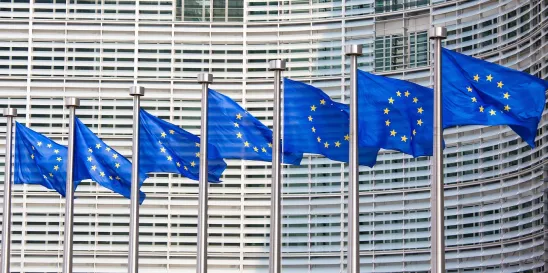The European Financial Reporting Advisory Group (EFRAG) and the Global Reporting Initiative (GRI) released a joint statement announcing the interoperability of their respective reporting standards, enabling companies subject to both reporting schemes to avoid having to report separately under both regimes. The hope is that this effort will make the sustainability reporting process easier on industry participants, more user-friendly, and reduce complexity and ambiguity.
The European Commission adopted EFRAG’s European Sustainability Reporting Standards (ESRS) in July. The standards clarify the requirements for sustainability-related impact, opportunity and risk reporting under the EU’s Corporate Sustainable Reporting Directive (CSRD), which took effect in July of this year. The CSRD currently applies to 12,000 companies but, by early 2024, the number of companies required to provide sustainability disclosures will increase to more than 50,000.
The CSRD requires a double materiality approach, deepening the concept of materiality in sustainability reporting. A company must report not only on how its business is affected by sustainability issues (known as “outside in”), but also how its activities impact society and the environment (known as “inside out”). As the EFRAG-GRI statement explains, EFRAG has adopted the GRI’s definition for impact materiality under the ESRS, acknowledging GRI’s expertise in this area. The impact definitions, concepts and disclosures of the ESRS and the GRI are now intended to be closely aligned, except in cases in which full alignment is not possible due to the content of the CSRD mandate.
The ESRS also now permits businesses using GRI’s standards to report on material topics covered by GRI standards and not by the ESRS (e.g., tax). In particular, the new ESRS 1 (§114) and ESRS 2 (§15) explicitly allow the inclusion of disclosures from other standards, such as the GRI, in ESRS sustainability statements.
With this key update, businesses can now comply with both ESRS and GRI standards in a single report, substantially lessening the disclosure burden for businesses that resulted from two separate sets of standards.
Taking the Temperature: As we discussed in a prior article, the reporting standards developed by EFRAG were much anticipated and generally speaking, viewed as a major step forward in terms of providing actionable guidance with respect to sustainability reporting. Among the criticisms of the ESRS, however, was the need to improve its “interoperability” with other international standards and provide additional specific guidance on materiality assessments. Reconciling these two frameworks addresses both of these critical issues.
The interoperability of these two reporting schemes is reflective of a general trend: there increasingly has been a more intense effort to reduce complexity and redundancy in reporting. A key part of this is the development of more sector-agnostic standards, which the EU has already acknowledged as a priority, as we previously discussed.





 />i
/>i

